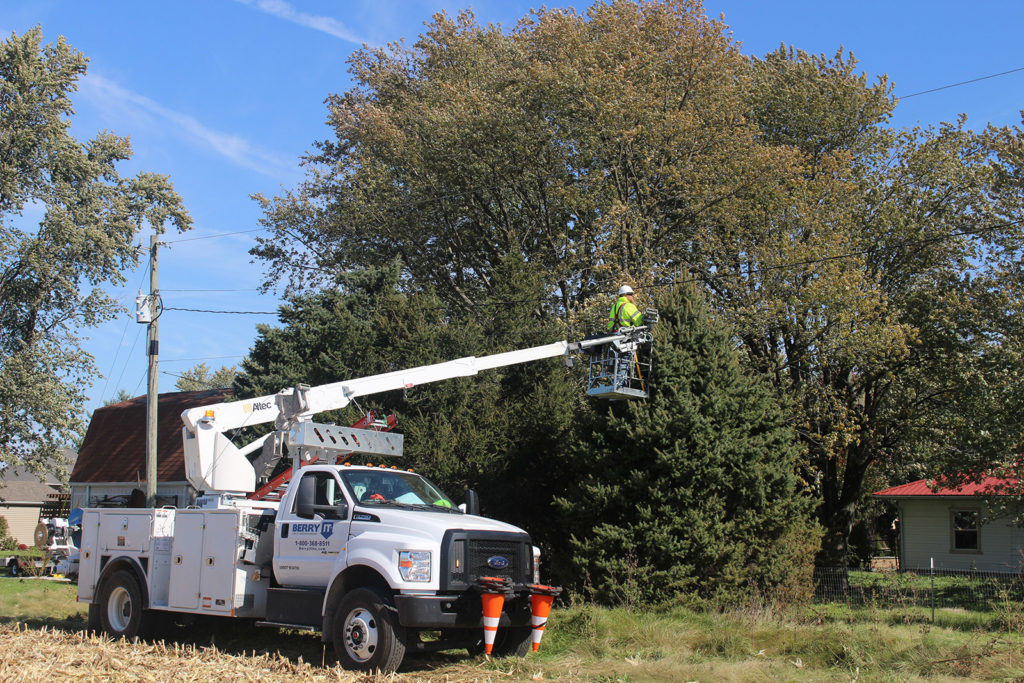
As the Federal Communications Commission reviews winning bids for its recent $9.2 billion rural broadband auction, NRECA wants the agency to keep one question in mind: Can these winners actually deliver?
“If any bidder fails to do so, rural communities will be left behind in the digital economy for years,” said Brian O’Hara, NRECA regulatory director. “The FCC must make sure that all auction winners will deliver the service they promised.”
NRECA and the National Rural Telecommunications Cooperative met with the staff of acting FCC Chairwoman Jessica Rosenworcel in early March. They brought the message that a timely and thorough vetting of all winning bids into the Rural Digital Opportunity Fund is needed to weed out dubious technology and inadequate service.
NRECA and NRTC, in their March 9 follow-up letter to FCC, explained specific concerns about the substantial number of RDOF Phase I awards to bidders offering fixed wireless gigabit and low-earth-orbit (LEO) satellite service at 100 megabits per second download and 20 Mbps upload.
“The technological ability of the proposed gigabit fixed wireless bids to fully cover census block groups throughout the country with full consideration for terrain, foliage … is not only completely unproven, but it also has yet to be fully explained in an acceptable way,” they wrote the FCC.
LEO satellite is in beta testing and has yet to demonstrate consistent 100/20 Mbps service. In addition, LEO startup Starlink “has admitted that it does not yet have a functional voice service, required of RDOF winners,” the letter notes.
The FCC is reviewing detailed technical and financial broadband deployment applications by 180 winning RDOF bidders. Winners must meet buildout milestones and reach all assigned locations by the end of the sixth year to receive their awards, which will be allocated over 10 years.
NRECA and NRTC underscored the need for the FCC to act soon. Rural census blocks presumably covered by the RDOF are ineligible for other federal broadband aid, such as the Rural Utilities Service’s ReConnect program.
“The worst possible outcome for these rural communities would be for the agency to take eight months or more to determine any initial winning bidder is unqualified resulting in the community missing out on multiple broadband funding opportunities,” the organizations said. “This cannot be allowed to happen.”
Listen to a recent episode of NRECA’s Along Those Lines podcast about the RDOF auction:
Cathy Cash is a staff writer at NRECA.